Last updated 1 week ago ago | Originally Published: September 23, 2023
Learn About the Many Health Benefits of Cashews to Discover a New You
Cashews, often found in trail mixes, salads, and desserts, have gained immense popularity for their rich, buttery flavor and versatile culinary applications. But beyond their delicious taste, these crescent-shaped nuts pack a nutritional punch that can significantly impact your well-being.
Understanding the health benefits of cashews isn’t just an academic exercise; it’s a practical guide to making informed dietary choices. From heart health to diabetes management, cashews offer a range of benefits that can enhance your quality of life.
In this guide, we’ll explore these benefits in detail, backed by scientific evidence, to help you make the most of this nutritious nut.
Nutritional Profile of Cashews
Cashews are more than just a tasty snack; they are a powerhouse of essential nutrients that contribute to overall health. Let’s break down the nutritional components of cashews to understand what makes them so beneficial.
| Nutrient | Amount | % Daily Value |
|---|---|---|
| Calories | 157 | 8% |
| Protein | 5.2g | 10% |
| Total Fat | 12g | 18% |
| Saturated Fat | 2.2g | 11% |
| Fiber | 0.9g | 4% |
| Sugars | 1.7g | 3% |
| Magnesium | 82.9mg | 21% |
| Phosphorus | 168mg | 17% |
| Iron | 1.9mg | 11% |
| Zinc | 1.64mg | 11% |
| Copper | 0.6mg | 30% |
Key Nutrients in Cashews:
- Protein: Essential for growth and repair, cashews provide a moderate amount of protein.
- Healthy Fats: Comprising mainly of monounsaturated and polyunsaturated fats, these are beneficial for heart health.
- Fiber: Aids in digestion and helps in maintaining stable blood sugar levels.
- Vitamins: Cashews contain small amounts of essential vitamins like B6 and K.
- Minerals: Rich in magnesium, phosphorus, and copper, these minerals are crucial for various bodily functions.
- Antioxidants: Cashews are a good source of antioxidants like vitamin E and selenium.
- Phytonutrients: These include plant sterols and carotenoids, which have various health benefits.
In summary, the nutritional profile of cashews is diverse and rich, making them a valuable addition to a balanced diet.

Understanding the Heart Health Benefits of Cashews
When it comes to cardiovascular well-being, cashews offer several advantages that are backed by scientific research. Here’s how they contribute to heart health…
Monounsaturated and Polyunsaturated Fats
Cashews are rich in healthy fats, specifically monounsaturated and polyunsaturated fats. These fats are known to lower bad cholesterol levels (LDL), reducing heart disease risk. Studies have shown that replacing saturated and healthier fats can significantly decrease cardiovascular risk.
Lowering Blood Pressure
The magnesium content in cashews plays a role in regulating blood pressure. Magnesium dilates blood vessels, allowing for better blood flow and reduced pressure on the arterial walls. This can be particularly beneficial for individuals with hypertension.
Antioxidant Properties
Cashews contain antioxidants like vitamin E and selenium. Antioxidants neutralize harmful free radicals in the body, reducing oxidative stress and inflammation, both of which are risk factors for heart disease. The role of antioxidants in cardiovascular health has been well-documented in scientific literature.
Omega-3 Fatty Acids
While not as rich in omega-3s as some other nuts, cashews do contain a small amount. Omega-3 fatty acids are known for their anti-inflammatory properties and their ability to lower triglyceride levels, further contributing to heart health.
Fiber Content
The fiber in cashews helps lower cholesterol levels by binding to cholesterol molecules and removing them through excretion. High-fiber diets have been linked to lower rates of heart disease.
Homocysteine Levels
Elevated levels of homocysteine, an amino acid in the blood, are associated with a higher risk of coronary artery disease. Cashews provide essential nutrients like B6, folate, and magnesium, which help to regulate homocysteine levels.
Portion Control for Caloric Intake
While cashews are nutrient-dense, they are also calorie-dense. Moderation is key to reaping the heart health benefits without consuming excessive calories. Portion control is essential, especially for those who are watching their weight.
In summary, cashews offer a multifaceted approach to heart health, from lowering bad cholesterol and blood pressure to providing essential nutrients and antioxidants. Their unique nutritional profile makes them a valuable addition to a heart-healthy diet.
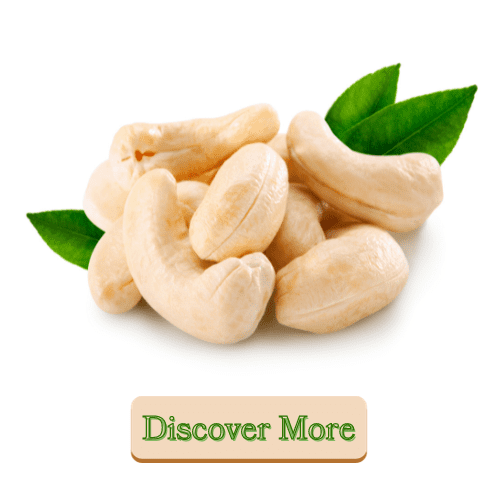
Managing Diabetes: Benefits of Cashews in Blood Sugar Control
Diabetes management is a complex process that involves lifestyle changes, medication, and dietary choices. Cashews, with their unique nutritional profile, can play a role in helping to control blood sugar levels. While they are not a substitute for medical treatment, incorporating cashews into a balanced diet can offer some advantages for those looking to manage diabetes.
10 Ways Cashews Can Help in Managing Diabetes
- Low Glycemic Index: Cashews have a low glycemic index, which means they have a slower impact on blood sugar levels, preventing spikes.
- Rich in Healthy Fats: The monounsaturated and polyunsaturated fats in cashews can improve insulin sensitivity, aiding in better blood sugar control.
- High in Fiber: The fiber content in cashews can slow down the absorption of sugar, helping to regulate blood sugar levels.
- Magnesium Content: Magnesium is known to improve insulin response, and cashews are a good source of this essential mineral.
- Antioxidant Properties: The antioxidants in cashews can reduce oxidative stress, which is often elevated in individuals with diabetes.
- Portion Control: Due to their calorie density, consuming cashews in moderation can help maintain a balanced diet, crucial for diabetes management.
- Snacking Alternative: Cashews can be a healthier snacking option compared to high-carb or sugary snacks that can cause blood sugar spikes.
- Rich in Protein: Protein is essential for blood sugar control, and cashews provide a moderate amount, making them a good option for diabetics.
- Low in Sugar: Cashews contain minimal amounts of sugar, making them a better choice for those looking to control their sugar intake.
- Nutrient Density: The range of nutrients in cashews, including vitamins and minerals, can support overall health, which is crucial for managing diabetes.
In short, cashews can be a beneficial addition to a diabetes management plan, offering a range of nutrients that support blood sugar control and overall health.
Mental Health Benefits of Cashews
Mental health is an often-overlooked aspect of well-being, and diet can play a significant role in influencing it. Cashews, rich in various nutrients, offer some potential benefits for mental health.
| Nutrient | Role in Mental Health |
|---|---|
| Magnesium | Helps in stress reduction and mood stabilization |
| Omega-3 Fatty Acids | Known for anti-inflammatory effects that can improve brain function |
| Tryptophan | Precursor to serotonin, a mood-regulating neurotransmitter |
| Vitamin B6 | Essential for neurotransmitter synthesis and brain development |
| Zinc | Important for neurotransmitter function and brain health |
| Copper | Involved in neurotransmitter synthesis and antioxidant defense |
| Iron | Essential for oxygen transport to the brain, affecting cognitive function |
Key Mental Health Benefits of Cashews
Understanding the specific nutrients in cashews that contribute to mental health can offer a more targeted approach to improving well-being. Below are some key benefits that these nutrients provide:
- Stress Reduction: The magnesium in cashews can help regulate the nervous system, reducing stress and anxiety.
- Mood Enhancement: Tryptophan, an amino acid in cashews, is a precursor to serotonin, which is known to improve mood.
- Cognitive Function: Omega-3 fatty acids and other essential nutrients in cashews can support cognitive function and may reduce the risk of neurodegenerative diseases.
- Neurotransmitter Synthesis: Cashews are rich in essential nutrients like Vitamin B6 and copper, which are crucial for synthesizing neurotransmitters.
- Brain Development: The range of vitamins and minerals in cashews can support overall brain development and function.
- Anti-Inflammatory Effects: The omega-3 fatty acids in cashews have anti-inflammatory properties that can benefit brain health.
- Oxygen Transport: The iron content in cashews is essential for oxygen transport, which is crucial for brain function.
Indeed, the nutritional richness of cashews offers a variety of potential benefits for mental health, from stress reduction and mood enhancement to cognitive function and brain development. Incorporating cashews into a balanced diet can be a step toward better mental well-being.
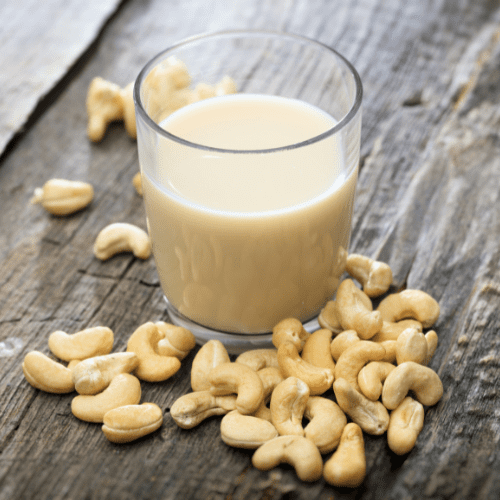
Weight Management: Benefits of Cashews in a Weight Loss Diet
Weight management is a concern for many, and the foods we choose to include in our diet can have a significant impact. Chews can be a valuable addition to a weight-loss diet when consumed in moderation. They offer a combination of essential nutrients and satiating factors that can aid in weight management.
Examples of How Cashews Can Be Included in a Weight Loss Diet:
- Smoothie Additive: Blend a small amount of cashews with fruits and vegetables to create a nutrient-dense smoothie that keeps you full for longer.
- Salad Topping: Use a handful of cashews as a salad topping to add crunch and healthy fats, making the meal more satisfying.
- Healthy Snacking: Replace high-calorie, processed snacks with a small portion of cashews to curb hunger between meals.
- Cashew Milk: Opt for homemade cashew milk as a lower-calorie alternative to dairy or other nut milks.
- Cashew-Based Sauces: Create creamy sauces using cashews as a base, offering a healthier alternative to cream or cheese-based sauces.
All in all, when consumed in moderation, cashews can be a versatile and nutritious addition to a weight-loss diet. Their nutrient density and satiating properties make them a smart choice for those looking to manage their weight.
Bone and Oral Health: Benefits of Cashew Minerals
Bones and teeth are vital structures in the body that require specific nutrients for their maintenance and development. Cashews are rich in minerals that can contribute to both bone and oral health.
| Mineral | Role in Bone Health | Role in Oral Health |
|---|---|---|
| Calcium | Essential for bone density | Crucial for tooth enamel |
| Magnesium | Aids in calcium absorption | Helps in gum health |
| Phosphorus | Supports bone structure | Supports tooth enamel |
| Zinc | Important for bone tissue | Aids in wound healing |
| Copper | Involved in collagen synthesis | Supports gum health |
Key Benefits for Bone and Oral Health
Understanding the specific minerals in cashews and their roles can offer a targeted approach to improving bone and oral health. Here are some key benefits:
- Bone Density: The calcium and magnesium in cashews are essential for maintaining bone density.
- Calcium Absorption: Magnesium aids in the absorption of calcium, enhancing its benefits for bone health.
- Tooth Enamel: Both calcium and phosphorus are crucial for maintaining strong tooth enamel.
- Gum Health: Magnesium and copper play roles in maintaining healthy gums.
- Wound Healing: Zinc is known for its role in wound healing, which can be beneficial for oral health.
- Collagen Synthesis: Copper is involved in the synthesis of collagen, a protein that supports bone structure.
- Bone Structure: Phosphorus is another key mineral that supports the overall structure of bones.
Overall, the mineral content in cashews offers a range of benefits for both bone and oral health. Including them in a balanced diet can contribute to stronger bones and teeth.
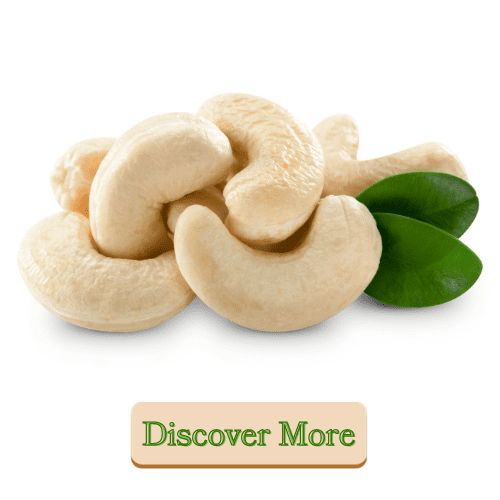
Immune System: The Antioxidant Benefits of Cashews
The immune system is a complex network of cells, tissues, and organs that work in harmony to defend the body against harmful pathogens. One of the key factors that can significantly influence the efficacy of the immune system is the presence of antioxidants. Cashews are a rich source of potent antioxidants, including vitamin E, selenium, and various phytonutrients, which play a pivotal role in bolstering immune function.
Vitamin E, for instance, is a fat-soluble antioxidant that protects cell membranes from oxidative damage. It enhances the function of T cells, which are a type of white blood cell crucial for identifying and neutralizing foreign invaders. Selenium, another antioxidant found in cashews, is essential for the proper functioning of enzymes that help reduce inflammation and improve blood flow. This mineral is also vital for the regeneration of antioxidants like vitamin C, further amplifying the body’s defense mechanisms.
Moreover, the phytonutrients in cashews, such as carotenoids and polyphenols, have been shown to modulate immune responses. They can inhibit the formation of harmful free radicals and even repair damaged DNA, thereby reducing the risk of chronic diseases linked to oxidative stress, such as cancer. These phytonutrients also have anti-inflammatory properties, which can help in reducing the symptoms of various autoimmune diseases.
The synergy of these antioxidants not only enhances the body’s ability to fight off infections but also contributes to long-term health by reducing the risk of chronic diseases. Therefore, incorporating cashews into a balanced diet can be a strategic move for anyone looking to fortify their immune system.
Potential Drawbacks: What to Consider When Consuming Cashews
While cashews offer a plethora of health benefits, it’s important to be aware of some potential drawbacks that could impact certain individuals.
Potential Downsides of Consuming Cashews
| Potential Downside | Description |
|---|---|
| Allergies | Cashews are a tree nut, and tree nut allergies are among the most common food allergies. Symptoms can range from mild itching to severe anaphylactic reactions. |
| High Caloric Content | Cashews are calorie-dense, which means excessive consumption can lead to weight gain. Portion control is essential, especially for those watching their weight. |
| Oxalates | Cashews contain oxalates, which can contribute to kidney stone formation in susceptible individuals. |
| Lectins | These are proteins that can interfere with nutrient absorption and may cause digestive issues in some people. |
| Saturated Fats | While most fats in cashews are healthy, they do contain some saturated fats, which should be consumed in moderation. |
| Sodium Content | Some commercially available cashews are salted, which can contribute to high sodium intake, a risk factor for hypertension. |
| Cost | Cashews can be expensive, which might make them less accessible for some people. |
On that note, while cashews offer a range of health benefits, it’s crucial to consider these potential downsides. Being aware of these factors can help individuals make informed choices about including cashews in their diet, optimizing the benefits while minimizing the risks.
How to Incorporate the Health Benefits of Cashews into Your Diet
Incorporating cashews into your daily meals can be both delicious and beneficial for your health. To inspire you, we’ve created a unique recipe combining the best cashew recipes we’ve researched. We invite you to try it out and even remix it to suit your taste. Let us know in the comments below what you came up with!
| Ingredient | Quantity | Health Benefit |
|---|---|---|
| Chicken breast | 1 lb | Lean protein |
| Cashews | 1 cup | Heart & mental health |
| Bell peppers | 2 (sliced) | Vitamin C |
| Garlic | 3 cloves | Immune boost |
| Soy sauce | 3 tbsp | Umami flavor |
| Hoisin sauce | 2 tbsp | Depth of flavor |
| Olive oil | 2 tbsp | Healthy fats |
Instructions:
- Heat olive oil in a pan over medium heat.
- Add minced garlic and sauté until fragrant.
- Add chicken breast pieces and cook until no longer pink.
- Add bell peppers and stir for 2-3 minutes.
- Add cashews to the pan.
- In a separate bowl, mix soy sauce and hoisin sauce.
- Pour the sauce mixture over the chicken and vegetables.
- Stir well to combine all ingredients.
- Cook for another 5 minutes or until the chicken is fully cooked.
- Serve hot, and enjoy your nutritious meal!
This recipe is not only delicious but also packed with nutrients that benefit your heart, mental health, and immune system. Feel free to remix our recipe and make it your own!

Take the Next Step to Reap the Health Benefits of Cashews
We’ve explored the numerous health benefits of cashews, from their nutritional profile to their role in weight management, bone health, and even boosting the immune system. Incorporating cashews into your diet can be a wise choice for overall well-being if you can consume nuts.
Our Fresh Cashew Products:
- Cashews Raw Large 1lb – Order Here
- Cashews Raw Medium 1lb – Order Here
- Cashews Roasted Butts Unsalted 1lb – Order Here
- Cashews Roasted Large Unsalted 1lb – Order Here
- Cashews Roasted Medium Salted 1lb – Order Here
- Cashews Roasted Medium Unsalted 1lb – Order Here
- Cashews Roasted Small Salted 1lb – Order Here
- Cashews Roasted Small Unsalted 1lb – Order Here
- Fresh Roasted Cashew Buffalo Crunch 1lb – Order Here
- Fresh Roasted Cashews Vanilla Rum Crunch 1lb – Order Here
- Planters Honey Roasted Cashews 18ct Box – Order Here
- Planters Salted Cashews 18ct Box – Order Here
- Barcelona Salted Cashews 1.5oz 12ct Box – Order Here
- Cashew Brittle 1lb – Order Here
- Cashews Honey Roasted 1lb – Order Here
- Cashews Mijou 1lb – Order Here
- Cashews Roasted Butts Salted 1lb – Order Here
- Cashews Roasted Large Salted 1lb – Order Here
- Fresh Roasted Cashews Cinnamon Praline Crunch 1lb – Order Here
- Fresh Roasted Cashews Coconut Crunch 1lb – Order Here
- Fresh Roasted Cashews Habanero Crunch 1lb – Order Here
- Fresh Roasted Cashews Honey Praline Crunch 1lb – Order Here
- Fresh Roasted Cashews Maple Crunch 1lb – Order Here
- Fresh Roasted Cashews Toffee Praline Crunch 1lb – Order Here
Lastly, cashews are a versatile and nutritious addition to any diet. With their myriad health benefits, they can be a key component in achieving a balanced and healthy lifestyle. We invite you to explore our extensive range of fresh cashew products and take the first step towards a healthier you!

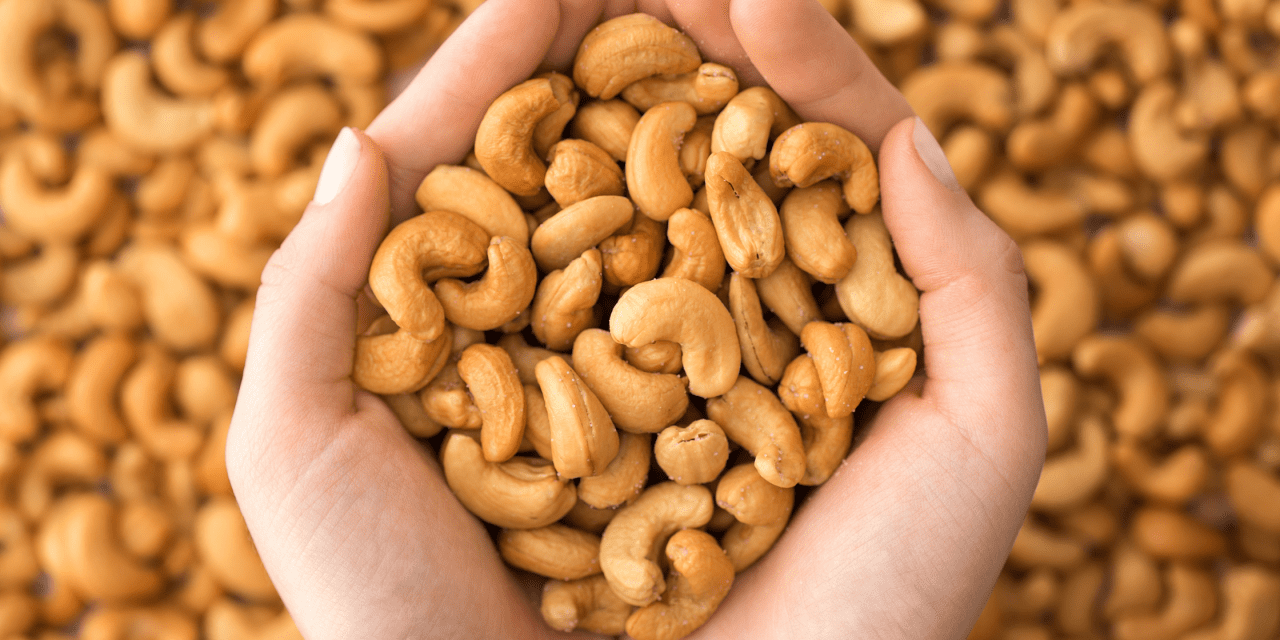

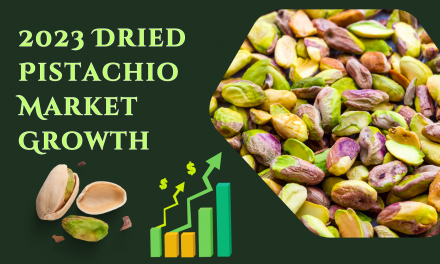

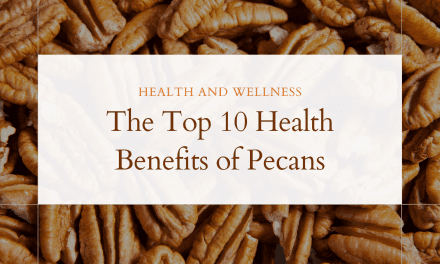
Recent Comments